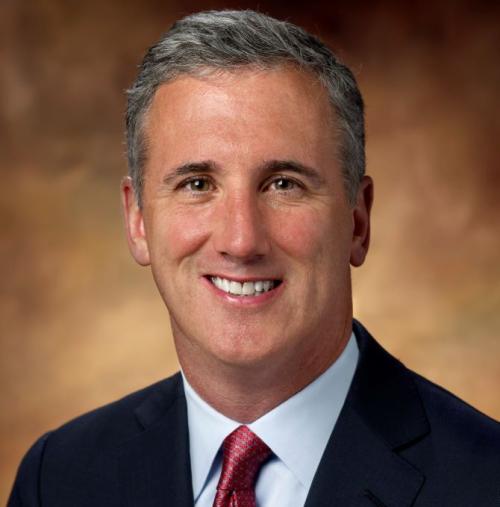Verizon CEO could still receive a stock bonus of $5.5 million despite poor performance.
If a retiree advocacy group gets its way this proxy season, top Verizon executives will see their pockets a little less full when the telecom giant’s stock is trailing in performance.
‘Verizon sets the performance bar too low,’ says C William Jones, president of the 112,000-member Association of BellTel Retirees. ‘Regardless of performance, Verizon pays up, even if the executive is terminated or retired. Senior executives can get 50 percent of their target award even if the company performs below the 30th percentile in its peer group.’
Now the 15-year-old association is calling on Verizon’s shareholders to actively support a proxy resolution that would grant bonuses to the company’s executives only when there is an uptick in stock performance compared with its peer companies. Verizon shareholders will meet on May 5 in Indianapolis.
The group, which represents 230,000 Verizon retirees, also claims Ivan Seidenberg, Verizon’s CEO, could still receive a stock bonus of $5.5 million even if the company ranks as low as 25 among 34 peer companies.
In response to the allegations, Verizon spokesperson Bob Varettoni says the retirees’ statements are ‘false and misleading,’ and the company’s board has opposed the resolution.
‘Verizon and our board are committed to being responsive and proactive to shareholders and implementing good corporate governance and compensation practices,’ Varettoni says. ‘This is demonstrated by measures the board has adopted over the years.’
According to the company’s proxy statements, the board says the proposal would ‘have the effect of severing the link between pay and performance and delivering compensation that is not competitive with Verizon’s peer companies’, while ‘incentive-based pay represents approximately 90 percent of a Verizon senior executive’s total compensation opportunity each year.’
James Hatch, a specialist in executive compensation and partner at the advisory firm EisnerAmper says, ‘What’s driving all this is Dodd-Frank. Shareholder groups have been trying to control executive compensation for a long time.’
Hatch believes that, under the Dodd-Frank legislation, boards will be concerned with recruiting and keeping the right executives. ‘Companies need to come up with the right strategies to satisfy shareholders,’ he says. ‘They need to be happy with the alignment of the pay program so there’s no long-term consequences on the sustainability of the corporation.’
Last year, the retiree association proposed the same resolution but was unsuccessful.








